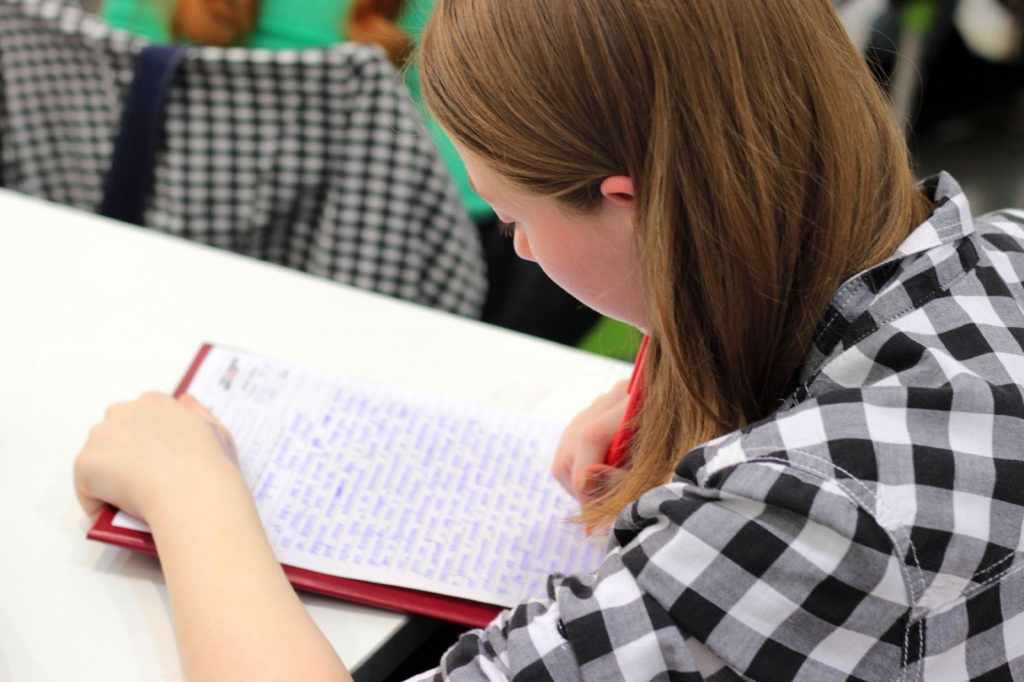
A lot of things are changing in learning institutions but not homework. Some have it that homework helps in preserving inequality. There is a big difference in the quantity of homework that students do in some countries. The difference may come from the development levels in the countries. Sometimes students even look for ways on how to cheat on homework. For example, in Finland, a 15-year-old child has an average of 3 hours a week. A child from Russia does around 10 hours. The United States of America registers an average of 6 which is above average, 5, that OECD states. An interesting twist comes which is the difference within a country’s border. Students that come from well-off backgrounds spend more of their time doing homework. The students from the less privileged have poor time doing homework. The gap is very significant.
In the United States, students from backgrounds with less privilege do 5 hours on average in a week. The other do 8 hours. The difference of 3 hours is big. In the United Kingdom, the figures are 4 and 6.5 in that respect.
The association between a student’s performance and homework can spark a debate. There is a relation between the time a student spends doing assignments and score in mathematics. The explanation is that the students with privilege have better study rooms at home. The parenting attitude towards education is also suitable for them. It is possible that the expectations of teachers contrast the students’ ability.
Students who come from rural areas tend to do less homework. They lack necessary competition between schools that also contributes to this. The gap as a disparity symptom between the students helps to solve the differences. It does not mean that their teachers should halt giving homework.
When the less fortunate students get to college, they tend to get difficulties. They may think «How can I write my essay today?». It is because their background offers them a poor foundation in education. They might drop out due to poor studying skills. The poor homework habit also contributes to their downfall at college. Others may say students with less homework perform better since they get time to rest. The assumption is false. When the students have proper homework, it increases their memory. An increase in a student’s memory results in better academic performance.
We can assume that students from public schools also fall behind in education. The students at private schools tend to perform better. All this raises a lot of questions on the role homework plays in education. Teachers should make adjustments when they notice something off with their students. It may be that the students do not complete their assignments. There are implications too of using flip learning strategy. In this strategy, the teacher delivers a lesson’s content at a student’s convenient time. In this case, a student completes the homework in class.
Teachers should put into account the students’ differences when giving out homework. They can decide on the quantity or type of homework to give. To help the less fortunate students, teachers need to double their efforts. When you put this in mind, you raise the aspirations and achievements of the students. Homework should not increase the wide gap between students more.

